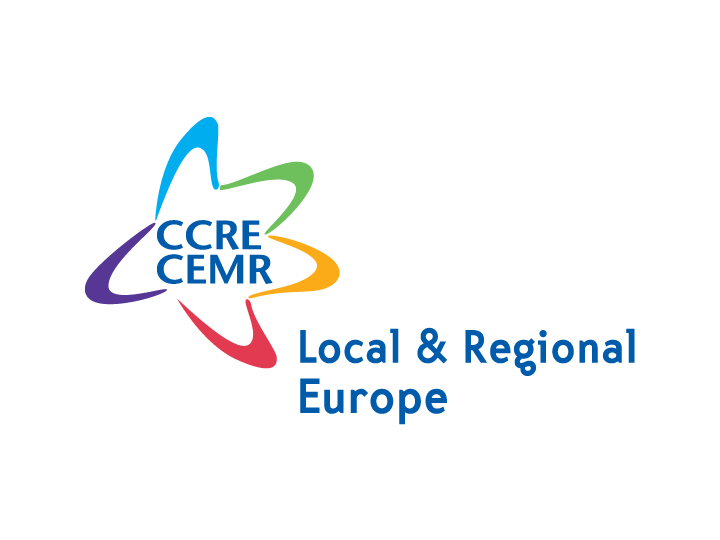EISCO 2007 conference: 28 steps towards the i2010 Digital Local Agenda
-
eParticipation in public local decision-making of citizens and relevant stakeholders;
-
eInclusion initiatives focusing social groups and citizens in danger of digital exclusion, and to boost digital literacy and eCapacity building among civil servants and people taking decisions at public level;
-
Full access to communication networks for everyone in Europe. These must be affordable, open, high bandwidth infrastructures, capable of accommodating current needs and emerging high bandwidth technologies;
-
Development of secure digital infrastructures at regional and local level, for both public and private local networks bringing forward eGovernment and local development services and initiatives;
-
Advanced municipal and local services in a broadband and multi-channel environment, taking into account the aspect of data quality, security and integrity.
EISCO 2007 was the 6th EISCO conference. It was organised by ELANET and the Council of European Municipalities and Regions (CEMR) together with the Region Häme, the City of Hämeenlinna and the Association of Finnish Local and Regional Authorities. The event was supported by the main European ICT networks bringing together local and regional authorities: IANIS+ and eris@, EUROCITIES, eForum, IT4ALL as well as the academic EGOV society network and DEMO-net.
rn

Climate, Sustainable Finance Officer






